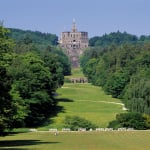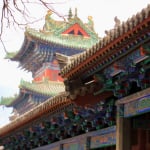Name: Panasonic Museum – Konosuke Matsushita History Museum
Address: 1006 Oaza-Kadoma, Kadoma City, Osaka Prefecture
Official/Related Website URL: http://www.panasonic.com/jp/corporate/history/museum.html
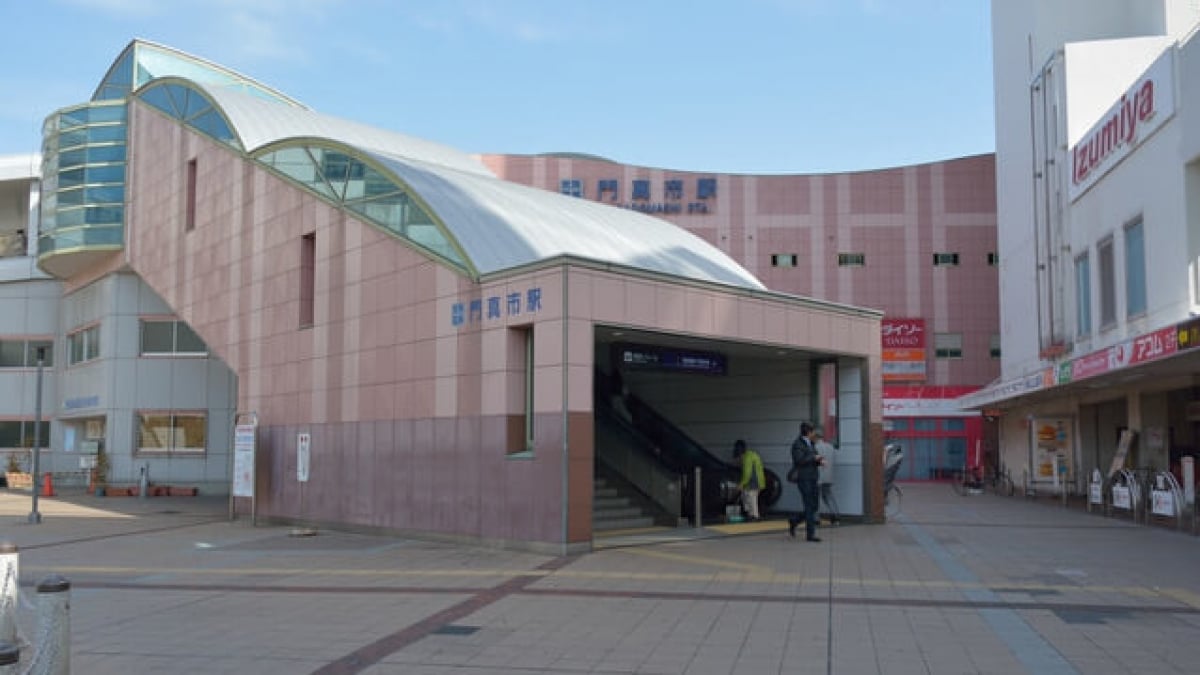
From History Museums to Parks: 5 Recommended Tourist Spots in Kadoma City, Osaka Prefecture
Kadoma City in Osaka Prefecture is a relatively small area compared to other cities, so it has fewer widely known tourist attractions. However, there are hidden gems here—from local specialties to sightseeing spots—that can only be experienced in Kadoma. Here, we’ll focus on attractions within Kadoma City and introduce recommended places to visit.
table of contents
[x] close
From History Museums to Parks: 5 Recommended Tourist Spots in Kadoma City, Osaka Prefecture
1. Panasonic Museum – Konosuke Matsushita History Museum
Panasonic Corporation is a comprehensive electronics manufacturer headquartered in Osaka, with its head office in neighboring Moriguchi City. To honor the achievements of Konosuke Matsushita, the Konosuke Matsushita History Museum was built in Kadoma City. It exhibits the history of Panasonic’s business development and was constructed by restoring the company’s original 1933 headquarters. Inside, visitors can learn about how Matsushita, through effort and ingenuity, grew Panasonic into the company it is today.
The museum clearly presents the evolution of appliances—from retro Showa-era models to today’s high-tech devices. Special exhibitions change periodically, making it popular among those interested in business philosophy. Many visitors even return regularly. Another plus is that admission is free.
2. Kadoma Lotus Root Shop
One of Osaka’s specialty products, officially recognized as a regional specialty, is “Kadoma Renkon” (lotus root). The Kadoma Lotus Root Shop won the “Five Star Grand Prize” in 2014, an award given to businesses that promote Osaka products and improve their image. Nakanishi Farm, a lotus root farm in Kadoma spanning four generations, has worked to make Kadoma lotus root better known and widely consumed, incorporating it into hotels, restaurants, and school lunches.
As part of this effort, they opened their own restaurant, the Lotus Root Shop, which has earned a reputation as a place to eat “Japan’s most delicious lotus root” through creative lotus root dishes. All the meals feature lotus roots grown by them, known for their chewy texture.
Name: Kadoma Lotus Root Shop
Address: 12-6 Sengoku Nishimachi, Kadoma City, Osaka Prefecture
Official/Related Website URL: https://goo.gl/4tgRAK
3. Shimagasira Tenmangu Shrine
The exact founding date is unknown, but originally the shrine was called “Ubutsuna Shrine.” In 1976, the name was changed to its current form, Shimagasira Tenmangu, to preserve a familiar local name. In ancient times, this area had a landform where an island jutted out into an inlet, which explains the name “Shimagasira.” The main deity enshrined here is Sugawara no Michizane, known as the god of learning.
Within the precincts are impressive camphor trees estimated to be around 700 years old, as well as other trees designated by the city for preservation. The shrine is well-maintained, and pamphlets with detailed explanations are available. It is a relatively large shrine with several grand torii gates, located near Kayashima Station, and visitors are reassured by the constant presence of people.
Name: Shimagasira Tenmangu Shrine
Address: 42-27 Kamishima-cho, Kadoma City, Osaka Prefecture
Official/Related Website URL: http://www.twin.ne.jp/~ebata/htm/jinjya-simagasira.html
4. Bentenike Park
Bentenike Park, built around Benten Pond, is a spot where families with children can enjoy themselves. Its most popular area is Wanpaku Land, where kids can see fish like medaka swimming in the pond and even play in the water during summer. Children can also cross suspension bridges or pass through tunnels. While it’s not an athletic park, the grassy areas are perfect for badminton, frisbee, and other outdoor games.
As there are no food stalls, it’s a good idea to bring a packed lunch. It’s an excellent place to relax on a leisure sheet. Depending on the season, Bentenike Park is also popular for its flowers. In spring, cherry blossoms bloom in full, drawing many visitors for hanami. In March, plum blossoms bloom, while in June, irises decorate the park. With its abundant plants, it’s a refreshing natural retreat.
Name: Bentenike Park
Address: 1-8-2 Kishiwada, Kadoma City, Osaka Prefecture
Official/Related Website URL: https://goo.gl/uwkrGl
5. Sunago Waterway
The Sunago Waterway in Mitsushima, Kadoma City, comes alive in spring when cherry blossoms bloom. A boat service allows visitors to ride back and forth along the 500-meter waterway. Chosen as the second spot in the “Top 100 Greenery Sites of Osaka,” it is lined with about 200 Somei Yoshino cherry trees. Passing through the cherry blossom tunnel along the banks is an elegant experience, making it the city’s most famous sakura viewing spot. The boat rides are so popular that during peak bloom, waiting in line is common.
On one side of the waterway, locals set up stalls, and sometimes shamisen music is played by residents. Amazingly, the boat rides are free thanks to the generosity of the locals, giving the event a warm, community festival feel.
Name: Sunago Waterway
Address: Mitsushima, Kadoma City, Osaka Prefecture
Official/Related Website URL: https://www.city.kadoma.osaka.jp/shisei/k_shokai/meisho.html
◎ Summary
You can feel the community’s efforts to promote local culture and specialties, which have led to various awards. With many shrines and cultural spots also in the area, a visit to Kadoma offers plenty of opportunities for exploration.
RELATED ARTICLES
REGIONS
CATEGORIES
FEATURED ON osaka
-
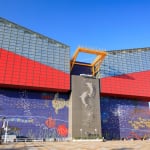
Thorough Guide to the Highlights and Events at Osaka’s Popular Attraction “Kaiyukan”
-
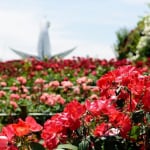
5 must-see tourist spots in Suita City, home to Expo ’70 Commemorative Park! Enjoy tours and hands-on experiences
-

[Kansai] What kind of hotels are ideal for “Hocance”? | Introducing 7 recommended picks
-
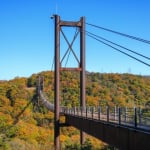
6 Carefully Selected Spots to Fully Enjoy the Rich Nature and Charm of Katano
-
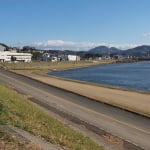
Let’s Go Grape Picking and Visit a Winery! 4 Recommended Tourist Spots in Kashiwara City
MOST POPULAR ON osaka
-
 1
1Doha: Must-see Attractions in the Capital of Qatar
-
 2
2Toronto: 10 Things to do in this Picturesque Canadian City
-
 3
3Amarillo: A City Famous for It’s Amazing Canyons, Great History and Music
-
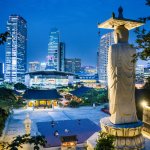 4
4South Korea: Dazzling Scenery, Rich Culture and Fascinating History
-
 5
5Kuwait: A Country in Middle East Asia Famous for Hot Sand Dunes and Stunning Cityscape

